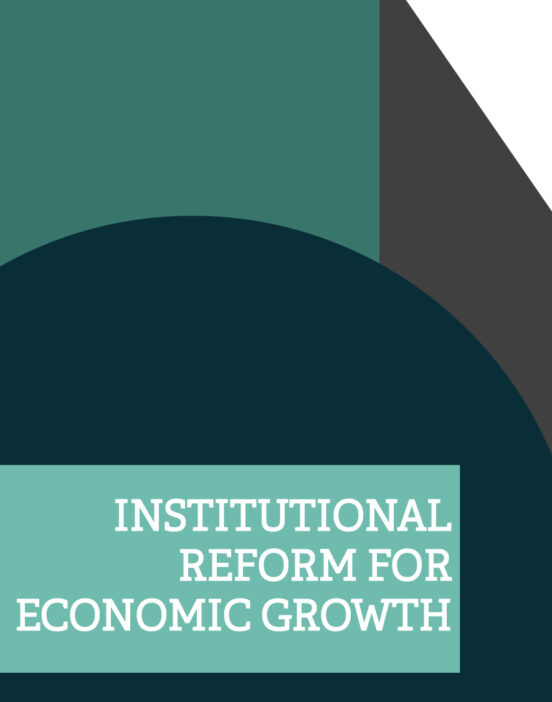Institutional reform for Inclusive Growth

In this essay, part of our Navigating Economic Change series, Anke Hassel and Kathleen Thelen explore strategies for mitigating some of the income, job and educational inequalities that rich democracies are currently confronting as a result of technological change and the growing gap between winners and losers in the new knowledge economy.
Summary
Advanced capitalist countries are currently facing an array of challenges. Some of these are of recent origin – for instance, relating to the economic shocks of the Covid pandemic and, in the case of Britain, the impact of Brexit. Others have their source in longer-running and less proximate causes, whose consequences, however, are now impossible to ignore. These more chronic problems include the challenges associated with aging populations; the corrosive effects of persistent high wealth and income inequality; the economic impact of rapid changes in information and communications technologies; and the consequences of a climate crisis that has been generations in the making.
No one set of policies can realistically address all these crises, and no one essay can hope to cover all of them. The purpose of this essay is to consider a specific set of political-economic arrangements that show promise for (and in many cases have proven effects in) mitigating some of the income, job and educational inequalities that rich democracies are currently confronting as a result of technological change and the growing gap between winners and losers in the new knowledge economy.
A vast literature in comparative political economy has demonstrated the critical role played by the institutional arrangements that characterize different “varieties of capitalism” in mediating shared challenges differently across countries. Indeed, the research of a wide range of scholars has not only demonstrated that institutions are crucially important in channelling the search for solutions to shared challenges into different paths ; it has also shown that institutional arrangements often refract shared challenges into completely different problems in different national contexts.
We focus here on institutional interventions that our past research has identified as successful in other countries, and that hold promise in terms of potential transferability to different institutional settings. We emphasise initiatives on the ‘pre-distribution’ side of the market – that is, interventions aimed at increasing the potential of citizens to acquire good jobs, which also guarantee comprehensive social security. Key components of the pre-distribution agenda include an investment friendly macroeconomic policy, good public services, provision of skills and effective worker voice. In addition to better education for the young, lifelong learning and upskilling of workers have become of increasing importance given labour and skill shortages in most countries of the OECD.
This essay focuses on reforms in two arenas that have a clear impact on the kinds of inequality that confront the advanced capitalist countries: labour market and educational institutions. Rather than a strict comparative analysis of, say, training or labour market institutions across the same set of countries, we selectively explore case-studies that have shown promising results in the setting in which they have been introduced. Each of the essay’s sections explores these institutional reforms and how they have supported more equitable growth.
Download a PDF of the full essay
Read more from the Navigating Economic Change series
The Navigating Economic Change essays are written by a range of leading economists and national experts and reflect the views of the authors rather than those of the Resolution Foundation, the LSE or The Economy 2030 Inquiry.
They have been commissioned and edited by Gavin Kelly (Chair of the Resolution Foundation and member of the Economy 2030 steering group) and Richard Davies (Professor at University of Bristol and fellow at the LSE’s Centre for Economic Performance).